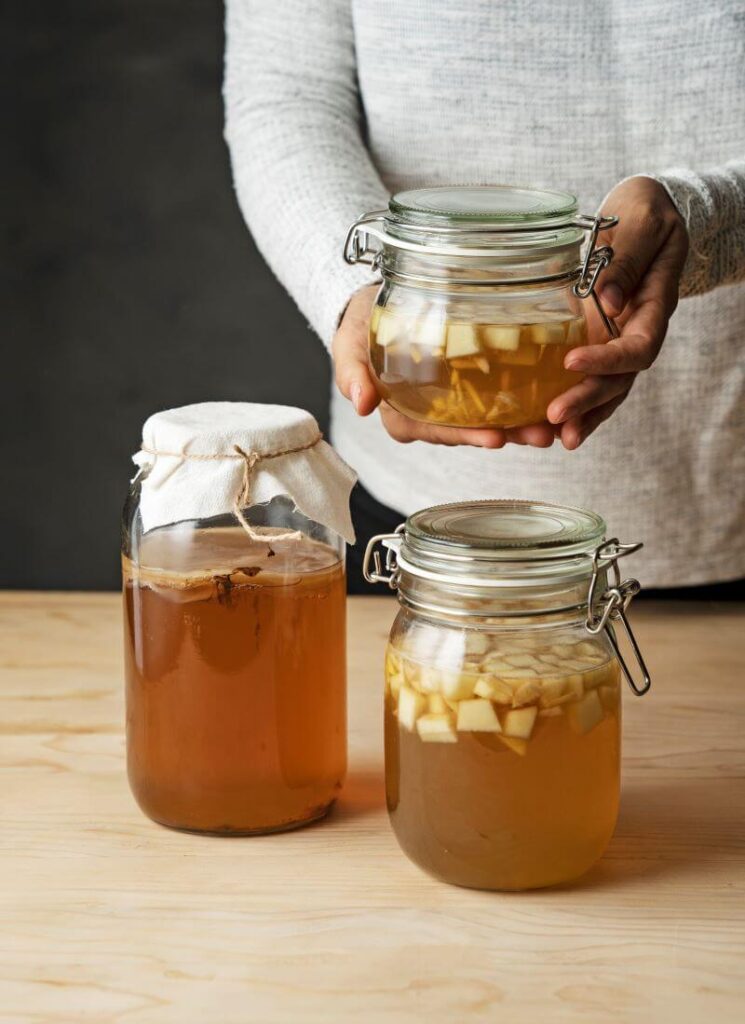Festive meals are often a time for indulgence, but they can also easily lead to overindulgence. This year, why not spotlight a food that is both exquisite and beneficial for your health? Salmon, rich in omega-3 fatty acids, vitamins, and proteins, stands out as an ideal option. This fatty fish is sure to delight your guests while also caring for your health. It truly is the perfect dish for special occasions!
The holiday season is typically characterized by rich and heavy meals. One instantly thinks of foie gras, stuffed turkey, or cream-filled Yule logs. While these dishes are indeed delicious, they can be taxing on the body and often lack balance. This year, let’s adjust the menu by incorporating more salmon. Why, you ask? Because whether it’s served raw, smoked, seared, or marinated, salmon offers flavors that perfectly blend with festive accompaniments.
However, what truly sets it apart are its health advantages. Unlike many festive foods that tend to be high in saturated fats or sugars, salmon is a precious source of nutrients: omega-3s, vitamins D and B12, and selenium. These components work synergistically to safeguard your body against various ailments while enhancing your overall well-being.
Omega-3s for Heart and Artery Protection
There’s a compelling reason to include salmon in your diet: its abundance of omega-3 fatty acids. These “essential” fatty acids cannot be produced by our bodies and play a crucial role in maintaining cardiovascular health. They help lower triglyceride levels in the blood, which is a significant risk factor for heart disease. They also enhance blood fluidity, reducing the risk of clots that can lead to strokes.
The omega-3s found in salmon, particularly EPA (eicosapentaenoic acid) and DHA (docosahexaenoic acid), possess powerful anti-inflammatory properties. They directly affect artery walls and decrease the risk of chronic inflammation, a known contributor to cardiovascular diseases. According to a study published in the Journal of the American Heart Association, regular consumption of salmon or other fatty fish can lower the risk of death from heart conditions by 21%.
Salmon: A Natural Brain Booster
In addition to its heart benefits, salmon is also recognized for its positive effects on brain health. Omega-3s, especially DHA, are vital for the structure of neuronal membranes. This enhances communication between brain cells, thereby promoting memory, concentration, and learning capabilities.
Including salmon in your diet may help alleviate symptoms of stress and anxiety due to its regulatory effect on neurotransmitters like serotonin. Studies indicate that individuals with a consistent intake of omega-3s are less prone to mood disorders, which can be especially beneficial during the often-stressful holiday period.
Finally, salmon plays a role in preventing neurodegenerative diseases. Research suggests that a diet rich in omega-3s can slow age-related cognitive decline and decrease the risk of diseases such as Alzheimer’s. Thus, including salmon on your menu is a decision that nourishes both body and mind.
A Nutrient-Dense Food
Salmon is more than just a source of omega-3s; it’s also a rich reservoir of essential nutrients vital for your health. For example, it is one of the best dietary sources of vitamin D, an important nutrient for bone health and proper immune system function. During winter months, when limited sunlight may lead to vitamin D deficiencies, consuming salmon can be an excellent remedy.
Additionally, salmon is loaded with proteins, which are ideal for maintaining muscle mass, especially following a hearty meal. The B vitamins, B12 and B6, it contains are crucial for the nervous system and the production of red blood cells, while selenium, a powerful antioxidant, protects your cells from oxidative stress.
How to Choose and Prepare Quality Salmon
To fully enjoy the benefits of salmon, selecting a quality product is essential. Opt for wild salmon, which typically contains fewer saturated fats than farmed salmon. Look for products with trusted labels, such as the organic farming label AB or MSC for sustainable fishing practices.
In the kitchen, salmon is a versatile ingredient that can be prepared in various ways. As an appetizer, consider a raw salmon carpaccio with a hint of lemon and pink berries, or smoked salmon and cream cheese verrines. For the main course, a roasted salmon fillet with aromatic herbs or homemade gravlax marinated in salt and sugar will delight your guests.
Salmon: A Festive Culinary Tradition
In various cultures, salmon is a central dish during festive meals. In Scandinavia, for example, gravlax is a must-try specialty: salmon marinated in a mixture of salt, sugar, and dill, served in thin slices. This simple preparation highlights the salmon’s delicacy while preserving its nutritional benefits.
This year, introduce innovation by making salmon the star of your year-end meals. Rich in essential nutrients, delicious, and easy to prepare, this fatty fish checks all the boxes for a successful celebration!
Note:
It is advisable to consume fish twice a week, alternating between lean and fatty types, such as salmon, mackerel, sardines, anchovies, smoked trout, or herring. One serving of salmon per week is ideal. Nevertheless, pay attention to potential contaminants, as this fish can contain heavy metals and pollutants, making it crucial to choose a reliable source.







